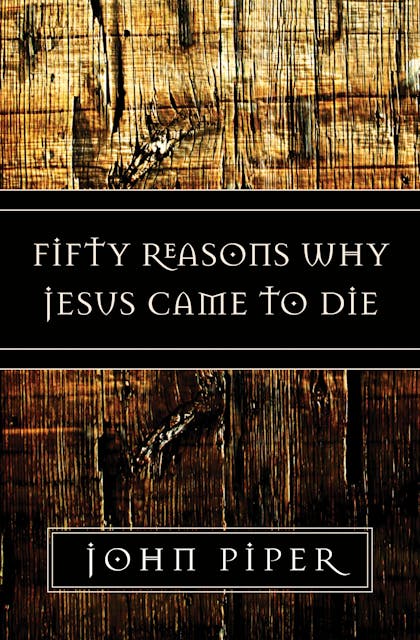The Passion of Jesus Christ and the Passion of Auschwitz

It is a tragedy that the story of Christ's Passion (his suffering and death) has produced anti-Semitism against Jews and crusading violence against Muslims. We Christians are ashamed of many of our ancestors who did not act in the spirit of Christ. No doubt there are traces of this plague in our own souls. But true Christianity . . . renounces the advance of religion by means of violence. . . . Christians are called to die, not kill, in order to show the world how they are loved by Christ.
It is not Christian to humiliate or scorn or despise or persecute with prideful putdowns or pogroms or crusades or concentration camps. These were and are, very simply and horribly, disobedience to Jesus Christ. Unlike many of his followers, he prayed from the cross, "Father, forgive them, they know not what they do."
The passion of Jesus Christ is the most important event in history and the most explosive political and personal issue of the 21st century. The denial that Christ was crucified is like the denial of the holocaust. For some it's simply too horrific to affirm. For others it's an elaborate conspiracy to coerce religious sympathy. But the deniers live in a historical dream-world. Jesus Christ suffered unspeakably and died. So did Jews.
I am not the first to link Calvary and the concentration camps—the suffering of Jesus Christ and the suffering of Jewish people. In his heart-wrenching, innocence-shattering, mouth-shutting book, Night, Elie Wiesel tells of his experience as a teenager with his Father in the concentration camps of Auschwitz, Buna, and Buchenwald. There was always the threat of "the selection"—the taking away of the weak to be killed and burned in the ovens.
At one point—and only one—Wiesel links Calvary and the camps. He tells of an old Rabbi, Akiba Dumer.
Akiba Dumer left us, a victim of the selection. Lately, he had wandered among us, his eyes glazed, telling everyone of his weakness: "I can't go on . . . It's all over . . ." It was impossible to raise his morale. He didn't listen to what we told him. He could only repeat that all was over for him. . . . Suddenly his eyes would become blank, nothing but two open wounds, two pits of terror. (Elie Wiesel, Night [New York: Bantam Books, 1982, orig. 1960], p. 72)
Then Wiesel makes this provocative comment: "Poor Akiba Dumer, if he could have gone on believing in God, if he could have seen a proof of God in this Calvary, he would not have been taken by the selection" (p. 73). I will not presume to put any words in Elie Wiesel's mouth. I am not sure what he meant. But it presses the question: Why the link between Calvary and the concentration camp?
I am not thinking here of cause or blame. I am thinking of hope. Is there a way that Jewish suffering may find, not its cause, but its final meaning in the suffering of Jesus Christ? Is it possible to think, not of Christ's passion leading to Auschwitz, but of Auschwitz leading to an understanding of Christ's passion? Is the link between Calvary and the camps a link of unfathomable empathy? Perhaps only Jesus in the end can know what happened during the "one long night" (p. 32) of Jewish suffering. And perhaps a generation of Jewish people, whose grandparents endured their own noxious crucifixion, will be able to, as no others, to grasp what happened to the Son of God at Calvary.
I leave it as a question. I do not know.
But this I know: those ostensible Christians who built the camps never knew the love that moved Jesus Christ toward Calvary. They never knew the Christ, who instead of killing to save a culture, died to save the world. But there are some Christians—the true Christians—who have seen the meaning of the passion of Jesus Christ, and have been broken and humbled and silenced by his suffering. Could it be that these, perhaps better than many, might be able to see, and at least begin to fathom, the suffering of Jewish people in the Holocaust?

The most important questions anyone can ask are: Why was Jesus Christ crucified? Why did he suffer so much? What has this to do with me? Who sent him to his death?
The central issue of Jesus’s death is not the cause, but the meaning — God’s meaning. That is what this book is about. John Piper has gathered fifty reasons from the New Testament to answer this question: What did God achieve for sinners in sending his Son to die?



